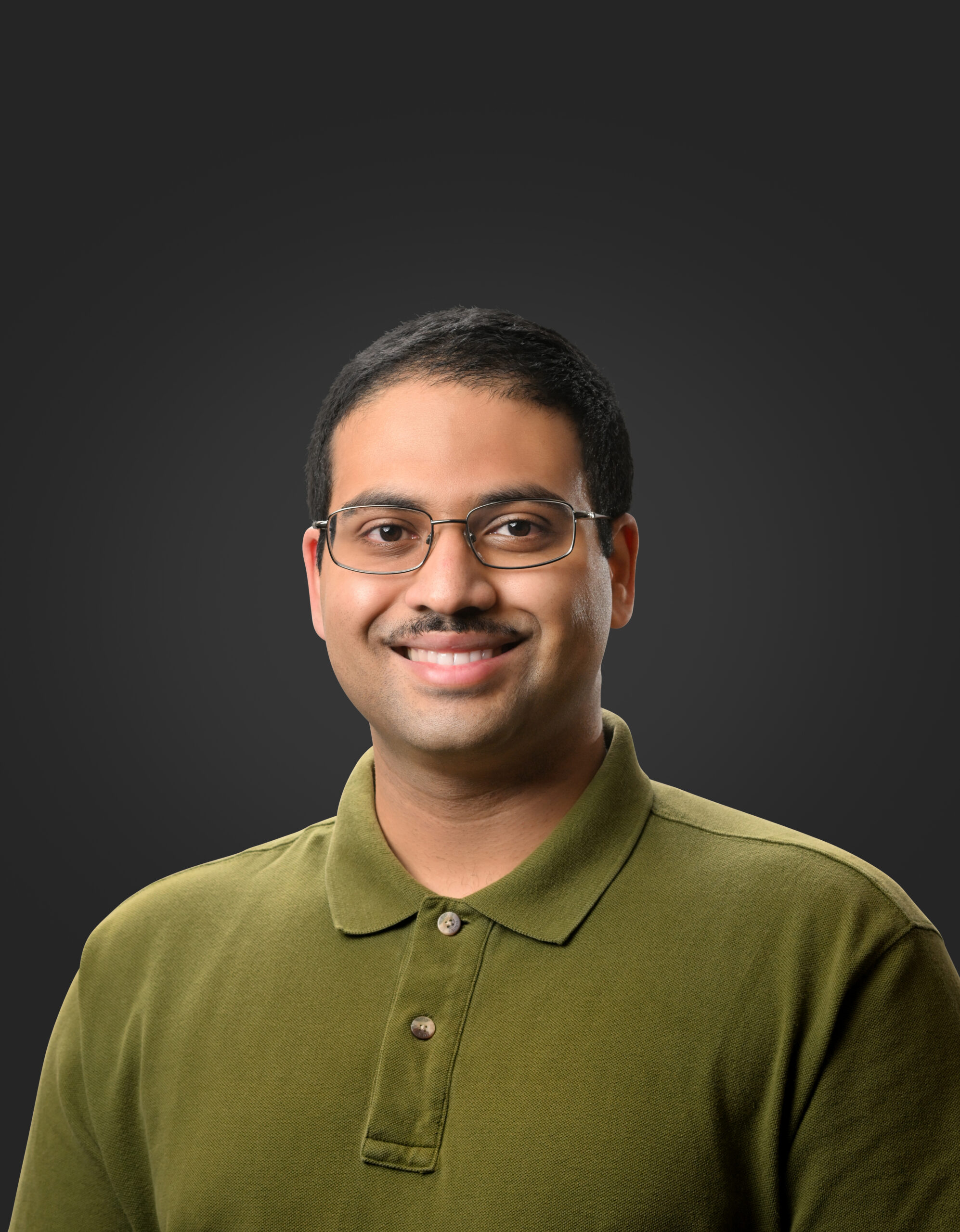Faculty Candidate Seminar
Rethinking System Design for Expressive Cryptography
This event is free and open to the publicAdd to Google Calendar

Zoom link for remote participants, passcode: 721680
Abstract:
Expressive cryptography, including Secure Multi-Party Computation (SMPC) and Fully Homomorphic Encryption (FHE), has the potential to enable transformative new applications. Unfortunately, it is often slow and resource-intensive, making those applications difficult to realize. For example, SMPC enables multiple organizations (e.g., hospitals) to run joint computations on their data (e.g., for better medical diagnosis and treatment) while keeping the inputs to the computation (e.g., patient data) secret. But SMPC can have high memory overhead, making it difficult to scale such applications to large problem sizes.
This talk demonstrates how we can design and build systems to enable expressive cryptography to reach its full transformative potential. For example, my system MAGE provides virtual memory for SMPC and FHE at nearly zero cost, allowing them to efficiently scale beyond the system’s available memory. My work in this area also includes JEDI, which shows how IoT devices can use expressive cryptography efficiently, and TCPlp, which was recently adopted in OpenThread, an open-source network stack used in the smart home industry. By rethinking system design for expressive cryptography, we can bring stronger security to existing applications and enable exciting new ones.
Bio:
Sam Kumar is a PhD candidate at the University of California, Berkeley, co-advised by David E. Culler and Raluca Ada Popa. He is interested broadly in system security and networked systems. He was a recipient of the Berkeley Fellowship for Graduate Study and the NSF Graduate Research Fellowship. His work received a Jay Lepreau Best Paper Award at OSDI 2021 and an Applied Networking Research Prize from the IRTF in 2022.
 MENU
MENU 
